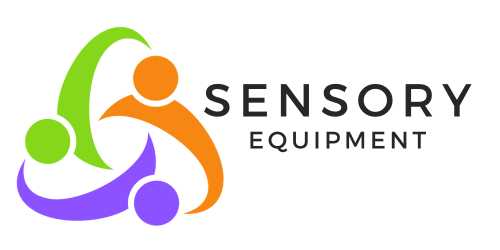Autism spectrum disorder (ASD) is a neurodevelopmental condition that affects individuals in unique ways, impacting their social interactions, communication skills, and behaviour. Understanding autism is crucial for fostering inclusivity and creating environments that cater to the diverse needs of those on the spectrum.
What is Autism?
Autism is a spectrum disorder, meaning it manifests differently in each individual. The core characteristics include challenges in social interaction, communication difficulties, and repetitive behaviours or intense interests. It is important to recognise that individuals with autism have diverse strengths, talents, and perspectives, making each person unique.
Dispelling Myths:
Autism is a disease: Autism is not an illness; it is a neurological condition present from early childhood. People with autism can lead fulfilling lives with the right support and understanding.
All individuals with autism are alike: Autism is a spectrum, and each person’s experience is distinct. Some may have exceptional talents in specific areas, while others may face challenges in different aspects of daily life.
People with autism lack empathy: This is a common misconception. Individuals with autism may express empathy in unique ways, and it’s essential to appreciate and understand their communication style.
Creating Supportive Environments:
Promote Sensory-Friendly Space
- Consider lighting, noise levels, and textures in the environment.
- Provide quiet spaces for individuals to retreat if they become overwhelmed.
Clear Communication:
- Use clear and direct language, avoiding ambiguous or figurative expressions.
- Incorporate visual aids like schedules or diagrams to enhance understanding.
Establish Predictable Routines:
- Create structured routines to help individuals with autism feel more secure and reduce anxiety.
- Communicate any changes in advance to allow for preparation.
Encourage Inclusivity:
- Foster a culture of acceptance and understanding in schools, workplaces, and communities.
- Provide education and awareness programs to dispel myths and promote empathy.
Individualised Support:
- Recognise and accommodate the unique strengths and challenges of each person with autism.
- Work collaboratively with individuals, families, and professionals to tailor support plans.
Training and Education:
- Offer training programs for educators, employers, and community members to better understand autism.
- Promote awareness campaigns to reduce stigma and enhance overall understanding.
Conclusion:
Understanding autism is a crucial step towards creating inclusive and supportive environments. By dispelling myths, promoting sensory-friendly spaces, and embracing individual differences, we can cultivate communities that celebrate neurodiversity. It is our collective responsibility to foster acceptance, provide appropriate support, and empower individuals with autism to thrive in a world that embraces their unique perspectives and abilities.







